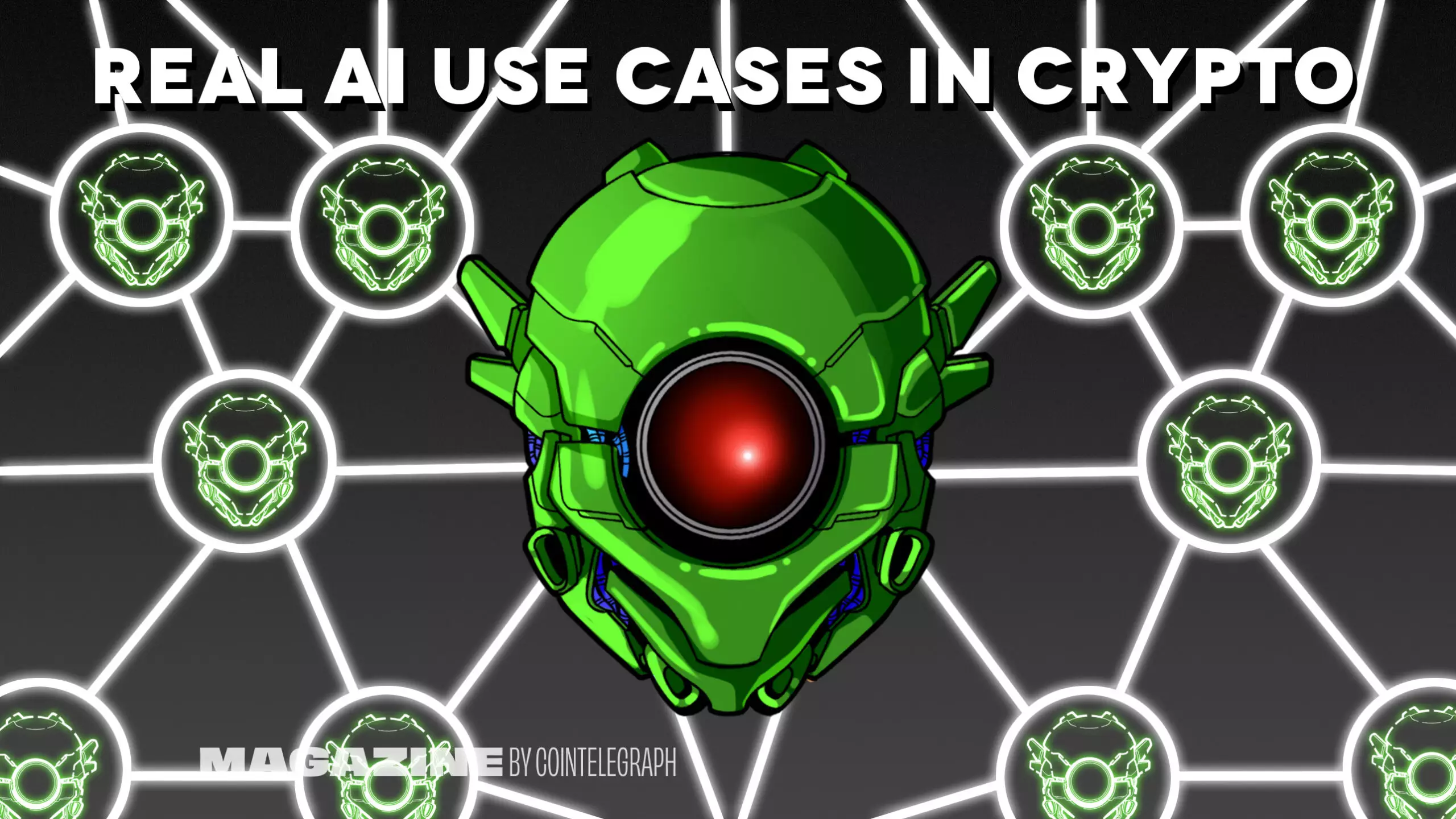Blockchain technology and artificial intelligence (AI) have garnered significant attention and hype in recent years. However, amidst the swarm of blockchain projects and cryptocurrency coins, it is important to critically evaluate the genuine use cases for AI in the crypto and blockchain space. In this article, we explore the possibilities and limitations of AI in decentralized autonomous organizations (DAOs) and highlight the potential benefits and challenges they present.
DAOs, as they currently exist, fall short of true autonomy. According to Vance Spencer, Founder of Framework Ventures, DAOs are “not actually autonomous” but rather rely on the involvement of human participants. However, there is growing recognition that AI could play a pivotal role in making the concept of DAOs a reality. Illia Polosukhin, Founder of Near, suggests that AI is crucial for effective DAO governance. While the technology is not yet capable of running a DAO independently, AI can enhance decision-making processes and alleviate mundane tasks.
Advantages of AI in DAOs
One of the major difficulties in DAOs is the challenge of information dissemination and understanding among geographically dispersed members. AI excels in monitoring, summarizing, and communicating information effectively. According to Polosukhin, AI can act as a virtual manager, providing timely updates and contextual information to DAO members. Furthermore, AI has the potential to scale up its capabilities to handle logistics, coordinate tasks, and onboard new DAO members. It can streamline operations and empower the community to set the broader direction of the DAO.
The Path to Adoption
While the potential of AI in DAOs is promising, it requires a gradual integration and experimentation process. The Near Foundation plans to start with AI coordinating smaller tasks and eventually transitioning to more complex managerial roles. The goal is to replace human functions, allowing AI to handle day-to-day management. Similarly, MakerDAO is leveraging AI tools called Governance Artificial Intelligence Tools (GAITs) to guide the entire project. Through cataloging comprehensive datasets and creating a shared language, MakerDAO aims to foster meaningful collaboration among its diverse community.
Despite the potential benefits, there are notable limitations and challenges to consider when incorporating AI into DAOs. Current AI technology, such as Language Models (LLMs), still exhibit significant shortcomings, with a 3% to 27% hallucination rate. Relying solely on AI for governance decisions presents risks of misinterpretation and potential errors. Strict guidelines and spending caps are essential to mitigate these risks. Additionally, AI-assisted governance is unlikely to be fully matured in time for the launch of new subDAOs in early 2024. Nevertheless, the transformative potential of AI in reducing human dependency in DAOs is substantial.
Looking ahead, the evolution of AI-assisted governance in DAOs holds immense potential. Rune Christensen, Founder of MakerDAO, envisions a future where AI significantly reduces the number of human participants required for successful DAO operations. With increased maturity and sophistication, AI could pave the way for a proliferation of DAOs across various sectors. Nevertheless, achieving this level of trust in AI necessitates thorough development, stringent guidelines, and ongoing improvement.
While there is undoubtedly a plethora of blockchain projects fueled by hype, the integration of AI in crypto and blockchain warrants careful analysis and critical evaluation. Within the realm of DAOs, AI offers the potential to enhance decision-making, streamline operations, and alleviate mundane tasks. However, the limitations and challenges of existing AI technology cannot be overlooked. It is crucial to strike a balance between the utilization of AI and human involvement to ensure the success and resilience of DAOs in the future. As the crypto and blockchain space continues to evolve, the synergy between AI and decentralized governance presents both opportunities and obstacles that must be navigated with caution.


Leave a Reply